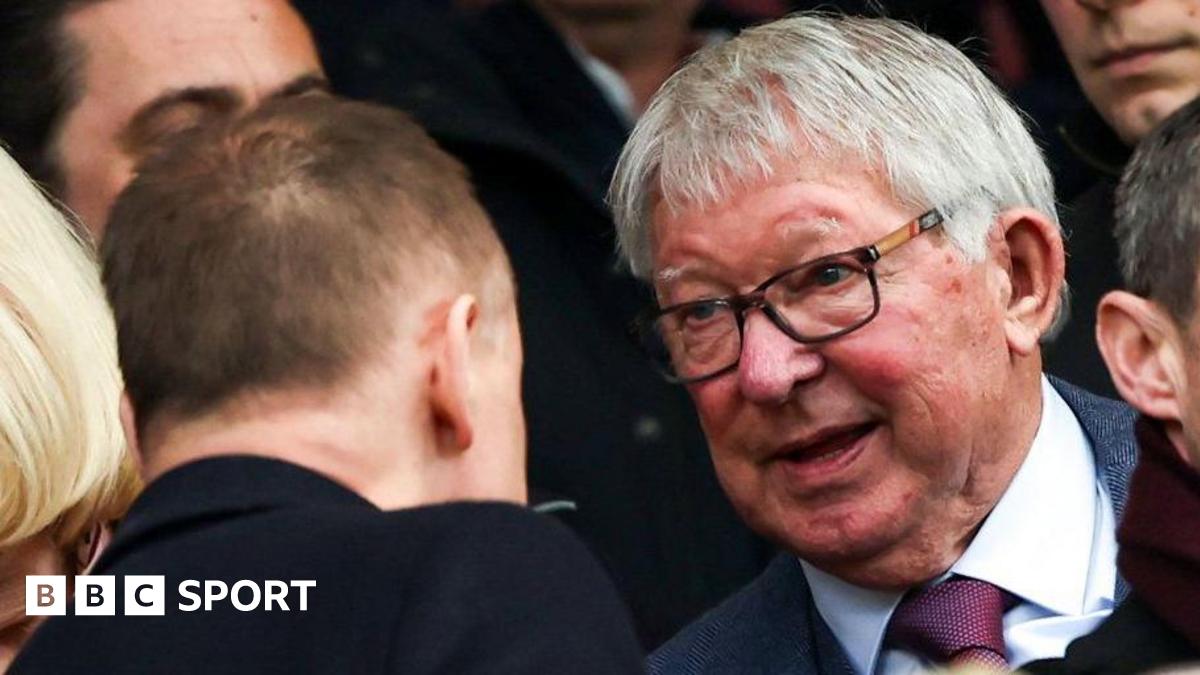Hearts: Sir Alex Ferguson, ‘unbelievable’ Claudio Braga & Tynecastle keep hosts on course for title
Former Hearts player Ryan Stevenson was on punditry duty as part of BBC Radio Scotland’s Sportsound commentary and echoed Braga and McInnes’ sentiments.
“The atmosphere is unbelievable,” he said. “What you would give to be a player on that pitch just now,” he said.
And, afterwards, he proclaimed: “I think Hearts will win the league. I genuinely do.
“I cannot see Hearts buckling. I cannot see Hearts losing three or four games.
“I just can’t see Hearts losing the title now.”
Rangers are second, two points above Celtic, who have a game in hand. Those two teams meet at Ibrox on Sunday so, one way or another, Hearts’ seven-point advantage will be reduced by weekends’ end.
And Celtic travel to Aberdeen on Wednesday to play their game in hand.
Studio pundit, former Hearts player Michael Stewart, is similarly minded to Stevenson.
“I do think with every game that’s ticked off, there’s an extra level of pressure but equally I think there’s an extra level of belief. They almost counter each other.
“They’re the ones that are sitting there top of the table and deservedly so.”


